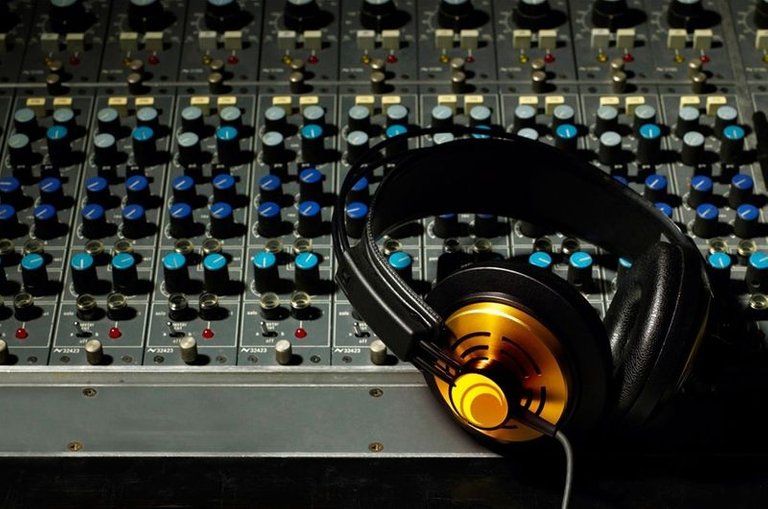
Show up on time for Studio sessions YOU have booked - This is a pet peev of the whole industry, if you are serious about this and serious that you want to make it big in the industry, then you absolutely have to show up ON TIME to your own sessions. The Sound Engineers take anywhere between 2 hours to 4 hours to set up all the microphones, computers, instruments, etc for you to record, throw us a fucking bone and give us a update 4 HOURS before your session so that we are aware if you might be running late. If you don't, some Studios will put a added fee onto the studio costs for that session, don't say i didn't warn you. It's our time you are wasting and we still need to get paid somewhere down the line. This is crucial because ALL Studios talk to each other, Small ones to big ones and vise versa, if you go asking for a contract from a Record label they WILL know your recording habits and they will scrutinise you for your lack of time keeping, if you have a record of not showing up on time or not showing up at all they will not treat you with any degree of respect.
Go in with a sound, Genre, Inspirations you are looking for - Don't come into us looking for us to find you a sound that suits you, because we may end up giving you a sound, but you may not like it and odds are you'll get stuck with that same sound the rest of your life. You have to be the creative one here, we are not the helmsman of your life, so don't put that pressure on us. We will not willingly give you a sound to chase that is all on you, if you want to guarantee some freedom in movement in the course of your life then tell us something like "i want to sound LIKE Frank Sinatra but something a bit more modern, something that can change with the times" that gives us a bit more wiggle room otherwise you are just going to be seen as a modern frank sinatra, and for some studios that's nothing new, that's nothing quirky that we can sell to a audience. Give us something you want to chase.
If you don't like our instruments, bring your own - This goes especially for small studios that have a limited budget, if you don't like our instruments bring your own. If you don't have any of your own, borrow some, craigslist is a beautiful thing if you know how to use it properly. To DJs reading this, this rule can apply to mixers and Decks, if you don't like ours bring your own, we won't be insulted if you do, most of us have training or experience in your stuff so we won't be sat there like a confused pianist sat in front of a harpsichord. As long as a you have a vision of sorts we can help you, if you recently bought an instrument or equipment that you don't know how to use properly, ASK one of the sound engineers, 9 times outta 10 there will be someone there than can give you a crash course on it, you won't have to waste valuable time teaching yourself when you have a bunch of musicians in a room that can help you.
Record Label Contracts and Legal Terminology - The legal terminology on a Record Contract is supposed to be a minefield, it is there to confuse and disorientate you, if you do not read the fine print you will end up being fucked over. You have to make sure that you get most of the royalty's and that the studio gets enough outta you to make up for the costs of recording you in the first place, a good split ratio that most studios are perfectly fine with is a 60/40 split, 60 to you, 40 to them. If you are unsure of a contract, you are given 2 weeks to sign it and contemplate it, best advice i can give to you, much like in the last tip, ASK a Sound engineer or Music Producer who does NOT work at that record label or is not affiliated with that record label, they will run through the fine print and give you notes on what to ask for as changes to the terms. Most Sound Engineers will say what i've said, and ask for a 60/40 split if that's not what they've already given you. There are a few other things that are included in some contracts like the cost of production in regards to Vinyl, CDs and Cloud storage for up and coming albums, if you don't want vinyl, then say, don't want CDs, then say you don't want that. Because all of that adds up and maybe just maybe, if you say that ahead of time they'll give you a bigger split since most of the 40% will go towards production of those things. SECOND most crucial point, Make absolutely sure that you get ALL the rights to your lyrics and songs if possible, because if you want to give rights to a DJ to remix them and you don't have those rights then that DJ Cannot do that remix legally.
Is there a sound engineer union?
i don't really know, i've only ever been a member of the IWW and they've helped me a bit, so generally speaking i say the IWW for any industry
Awesome. IWW rules. Dont forget your union meetings.